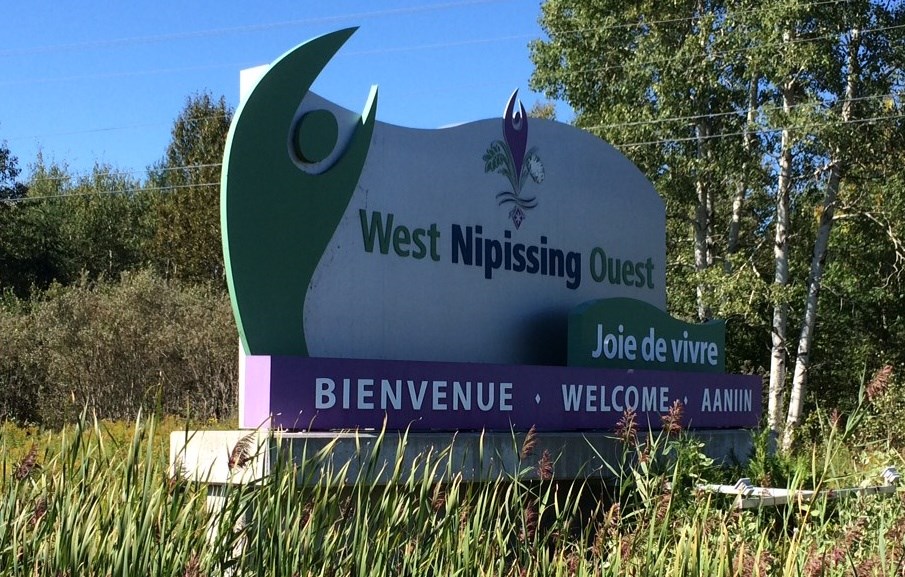For now, there will be no by-law to prohibit and regulate nuisances related to cannabis in West Nipissing, after a majority of council voted against the motion.
See original story: Councillor says 'something stinks' over move to outlaw cannabis smell in West Nipissing
It was an evening fraught with technical difficulties as the virtual committee of the whole and regular council meetings stretched (with council's assent) past the meeting curfew. Despite the late hour, there was a desire around the virtual table to settle the cannabis matter Tuesday evening.
The proposed by-law read, "And whereas in the opinion of the Council for the Municipality of West Nipissing, the odours and lighting from the cultivation of cannabis plants is or could become a public nuisance..." enforcement and penalties would be permitted. According to the defeated by-law, a "Nuisance" is defined as "anything that is injurious to health, indecent, offensive to any of the Senses or results in the loss of enjoyment of normal use of property."
A by-law such as this, "It's a really big rabbit hole," said Coun. Jeremy Seguin. "Rather than term it a nuisance, we need to acknowledge cannabis will stink at first. It's not a scent we're used to having" but is a new scent people will get accustomed to.
Coun. Lise Senecal later responded to Seguin's notion with, "Now we're telling people they need to get used to a smell? I'm sorry. We're talking about the rights of everybody here."
With two weeks to read the literature — including cannabis nuisance precedents from a larger market in Hamilton, Ont., — and reflect on what they feel council's role should be in governing what some term "offensive" smells, several West Nipissing council members changed their original course to defeat the nuisance by-law.
Councillors Jeremy Seguin, Chris Fisher, Roland Larabie, Leo Malette and Dan Roveda voted against the proposal. Seguin had been the only dissenting voice when the topic was first raised two weeks ago by Coun. Lise Senecal, who voted in favour of the by-law, along with Mayor Joanne Savage and Councillors Yvon Duhaime and Denis Senecal.
"I was hoping my research would swing enough votes," said Seguin. Asked if he had lobbied hard to change his fellow council members' minds, he responded he preferred to leave it to his presentation.
Roveda and Fisher thanked Seguin and credited his research as reasons they swayed their votes.
"This is a case where I changed my mind based on additional information. Initially, when I read the bylaw that Hamilton put in place I thought ok, that might make sense for high-density residential areas," said Fisher. "However, once the difference in size and scope of the problem that was being addressed there was explained and I thought about the legal, medical, ethical and even scientific problems with it, I changed my position."
Said Roveda, "The situation created unnecessary discussion in our community in the last two weeks. I regret the situation culminated to this and that it caused pain and anguish to certain citizens of our community."
Council voted and agreed to take the discussion in-camera to maintain the privacy of the subjects.
In the discussion in the open session, Senecal apologized for remarks made about getting "a buzz," from the odour of the subject property. She maintained the media took what she said about medical marijuana out of context, creating a backlash over the comment.
She added the original motion was designed to "avoid major confrontation between neighbours...I don't want to get involved with neighbours fighting, it's not our job as councillors."
"We're not asking to change the world to stop people from doing what they have the legal right to do. I apologize if people took offence."
The intention was to "give everyone the right to enjoy their own backyard," she added. "Even if I don’t agree I will respect council's decision."
Seguin feels the citizens have been well-served by the decision, noting the lack of consultation with the municipality's legal counsel as a red flag for him.
"Whenever government has to look at taking away a right, it has to be done with a lot of consideration, and I don't think we met that threshold," said Seguin. "If we go with this by-law, it is a big deal for people who are medically cleared to grow. It's a human rights issue."
